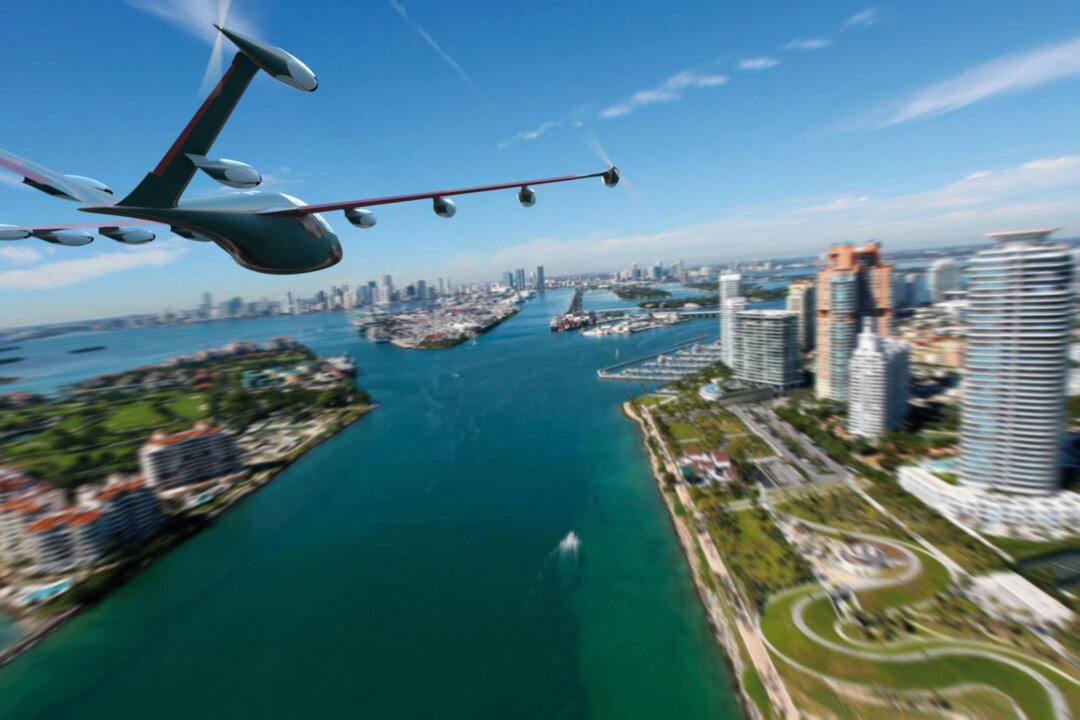Joby Aviation received approval from the Federal Aviation Administration (FAA) for test flights of its electric air taxi after receiving a $100 million investment from South Korea’s SK Telecom.
Joby announced on June 23 that the federal aviation regulator gave the nod to start tests of its flying air taxi, as the innovative design steps closer to receiving approvals for commercial operations, causing sales to surge.





